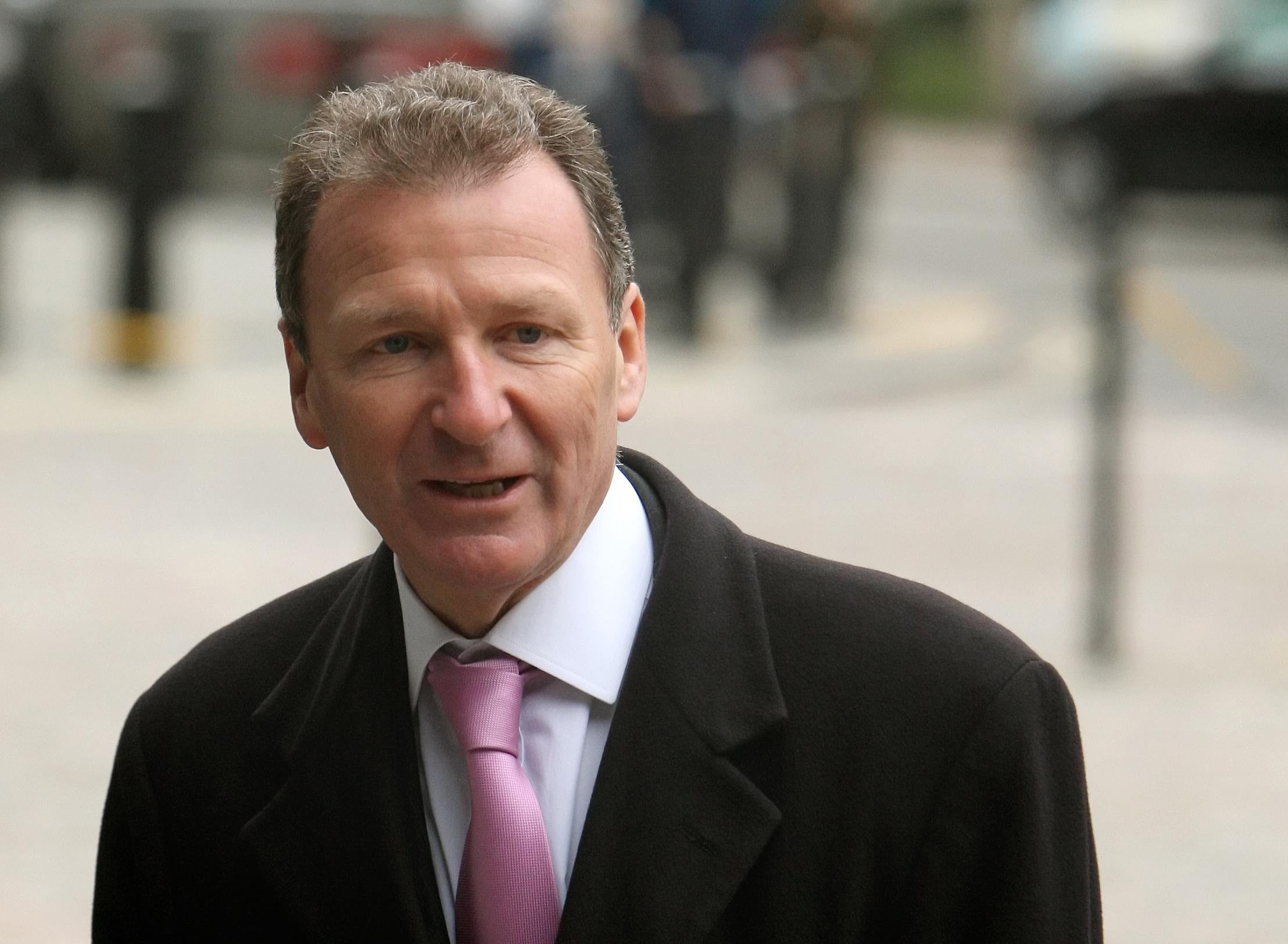What is the Cabinet Manual – and why are we talking about it now?
Boris Johnson is taking back the power to call elections: John Rentoul on the rewriting of the unwritten constitution


Britain lacks a written constitution, in that it does not have a single document that sets out in law how the government works, but it does have the Cabinet Manual, written in 2011, which describes the conventions that decide how we are governed.
The manual was drafted by Gus O’Donnell, who was the cabinet secretary, partly because the coalition government was an unusual peacetime arrangement, and partly because it had just passed the Fixed-term Parliaments Act, which changed the long-standing rules about how governments are formed and broken, and how elections are held.
The repeal of the Fixed-term Parliaments Act (FTPA) is expected to be announced in the Queen’s Speech next month, which means that part of the manual will need to be updated. That is why Lord O’Donnell and the most recent cabinet secretary, Lord Sedwill, will be giving evidence to the House of Lords constitution committee on Monday.
(We can also expect Simon Case, the current cabinet secretary, to be asked about the manual when he appears shortly afterwards before the public administration committee of the House of Commons – although MPs are likely to be more excited about Dominic Cummings, leak inquiries and the refurbishment of the No 11 flat.)
The question that most bothers constitutional pedants is whether, by repealing the FTPA, the royal prerogative that previously governed the holding of general elections will be revived automatically. The government says it will, and has published a statement of principles that makes it clear that the royal prerogative will be revived – though just to be on the safe side, it has also included in the bill to abolish the FTPA a clause that prevents the courts from ruling on the question.
That means that we will return to the pre-FTPA rules, by which the prime minister, “by virtue of commanding the confidence of the House of Commons, can advise the sovereign to dissolve parliament at a time of their choosing”. The result is no pedantic detail, but a matter of raw power. It means that Boris Johnson can hold the next general election when he chooses provided it is before the five-year limit (which is actually longer than five years, because that time runs from when the parliament first meets to when it is dissolved, meaning the last date for the next election will be 28 January 2025).
The opposition parties have made surprisingly little fuss about this so far. Perhaps they do not think that they have any prospect of overturning Johnson’s majority. Although some Conservative MPs may think that the House of Commons as a whole should vote on when to hold elections, most of them are happy to leave it to their leader to judge the party-political advantage. And perhaps Keir Starmer secretly hopes to enjoy that power for himself one day, and fears being trapped in a hung parliament in the way that Theresa May was.
Those are obviously not questions for the mandarins in front of Monday’s select committees, but they lurk in the background as they discuss the next stage in the evolution of our ever-flexible constitution.



Join our commenting forum
Join thought-provoking conversations, follow other Independent readers and see their replies
Comments